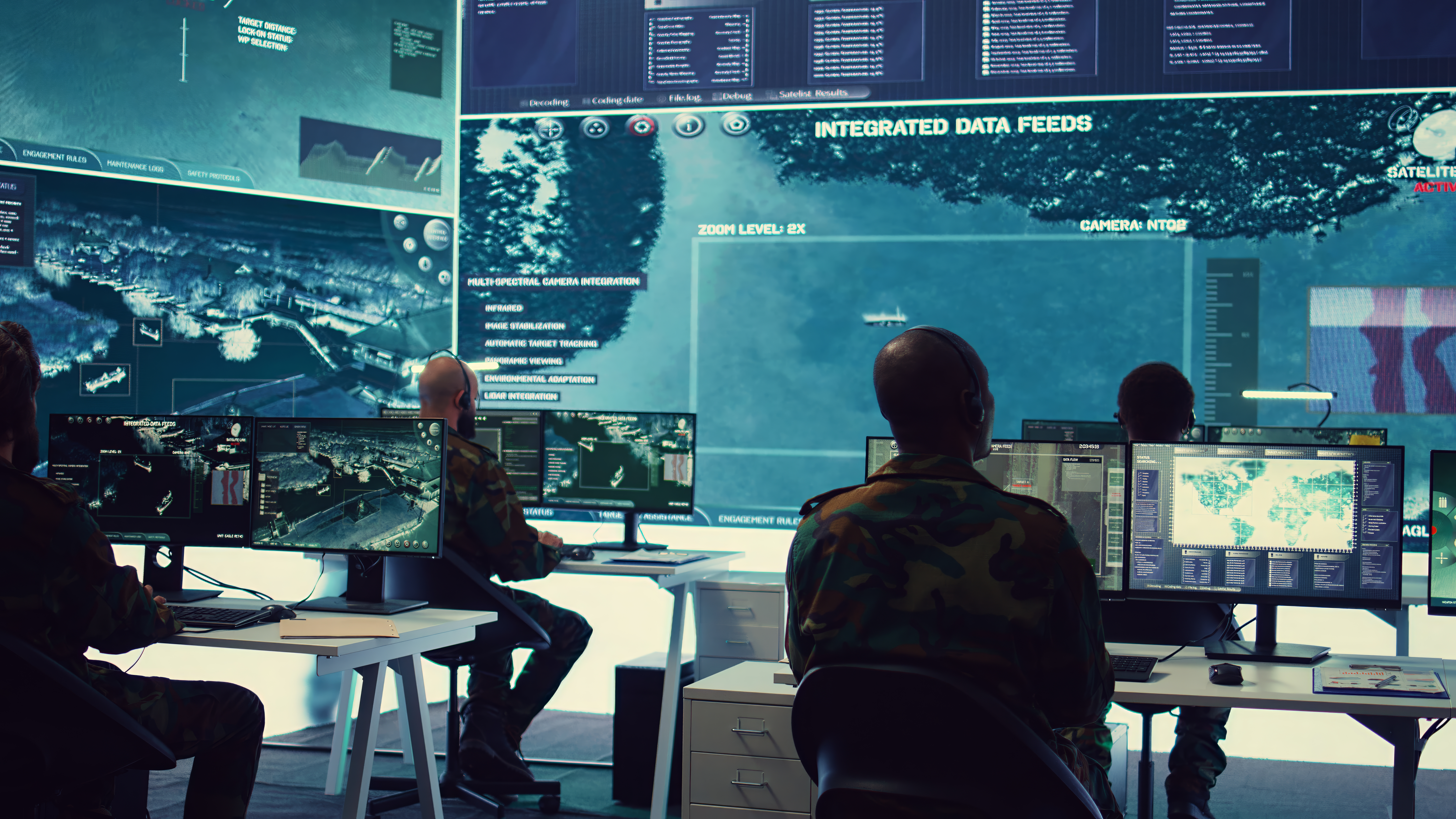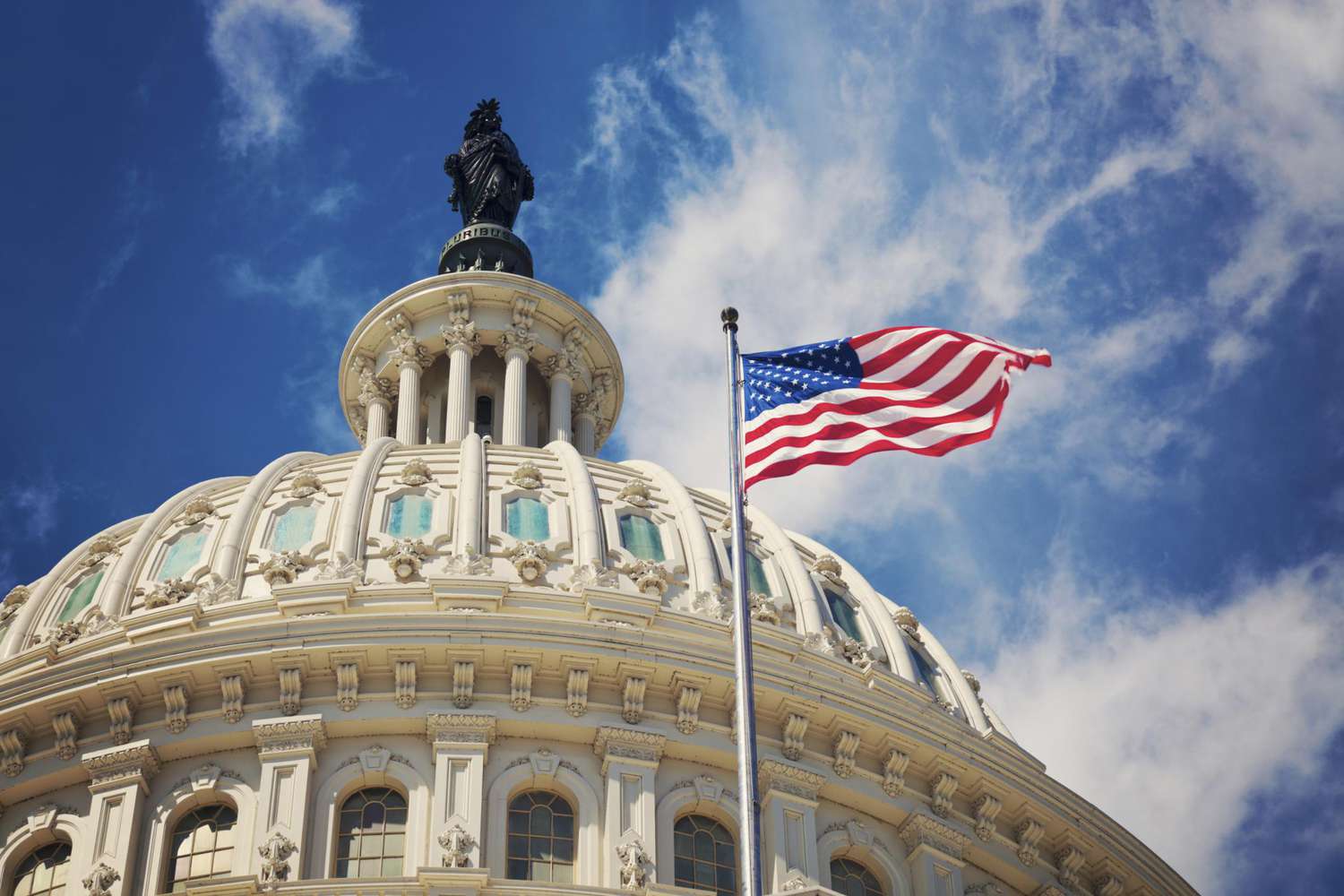Politico reports that Germany is preparing legislative reforms that would expand the legal framework for conducting offensive cyber operations abroad and strengthen authorities to counter hybrid threats.
According to the Interior Ministry, two draft laws are under preparation:
- One would revise the mandate of Germany’s foreign intelligence service to allow cyber operations outside national territory.
- A second would grant security services expanded powers to fight back against hybrid threats and what the government describes as active cyber defense.
The discussion in Germany coincides with broader European debates on offensive cyber capabilities. In particular, the Netherlands have incorporated offensive cyber elements into national strategies.
The reforms in Germany remain in draft form and may face procedural and constitutional scrutiny. Adjustments to intelligence mandates could require amendments supported by a two-thirds majority in both the Bundestag and Bundesrat.
The proposed framework for ‘active cyber defense’ would focus on preventing or mitigating serious threats. Reporting by Tagesschau ndicates that draft provisions may allow operational follow-up measures in ‘special national situations,’ particularly where timely police or military assistance is not feasible.
Opposition lawmakers have raised questions regarding legal clarity, implementation mechanisms, and safeguards. Expanding offensive cyber authorities raises longstanding policy questions, including challenges of attribution to identify responsible actors; risks of escalation or diplomatic repercussions; oversight and accountability mechanisms; and compatibility with international law and norms of responsible state behaviour.
The legislative process is expected to continue through the year, with further debate anticipated in parliament.
Would you like to learn more about AI, tech, and digital diplomacy? If so, ask our Diplo chatbot!






























































